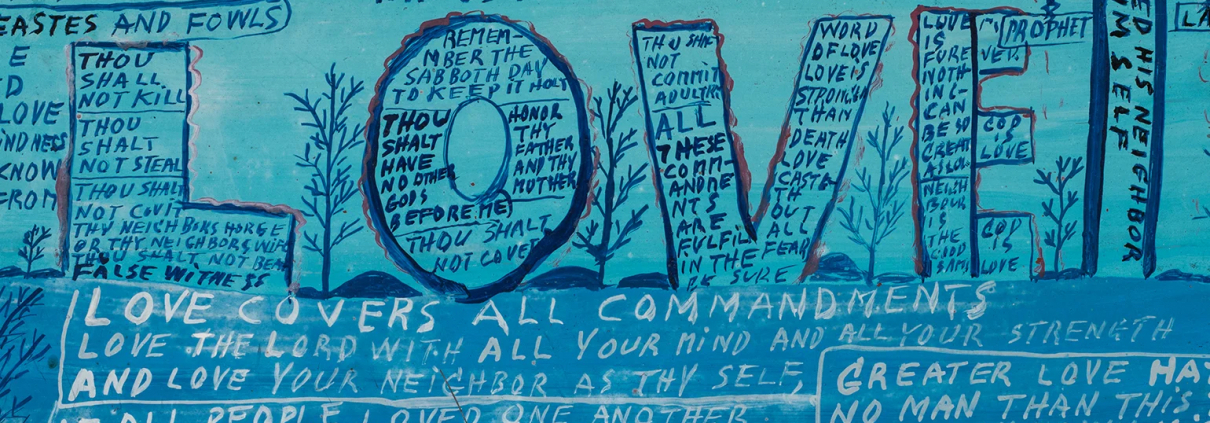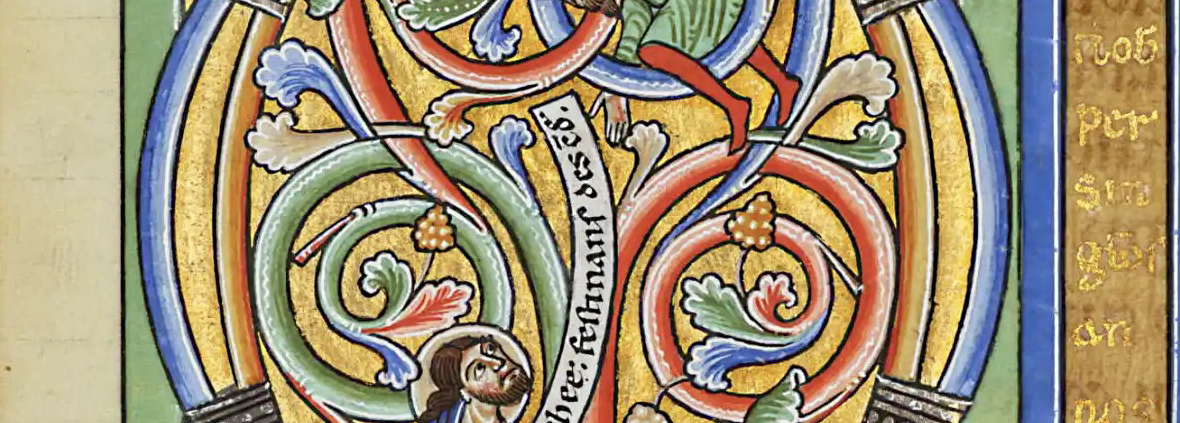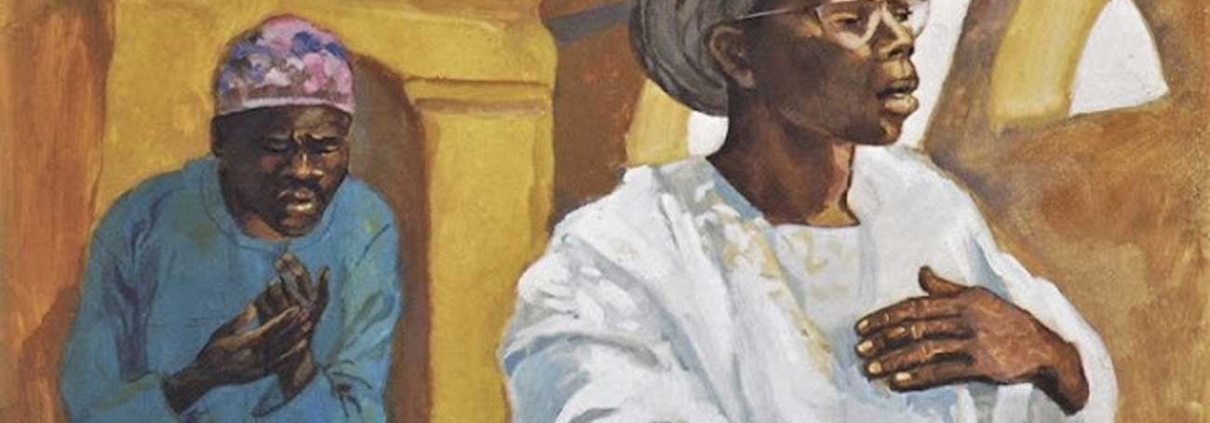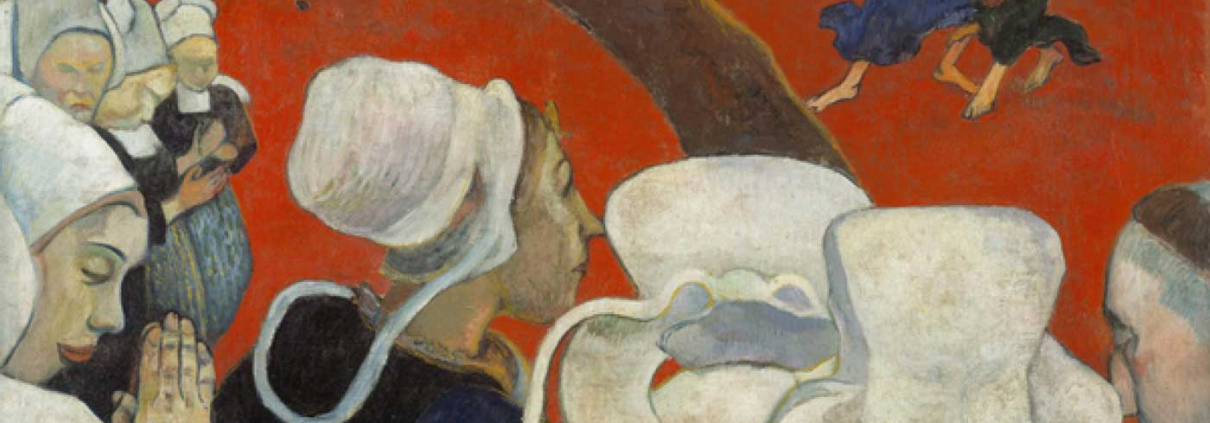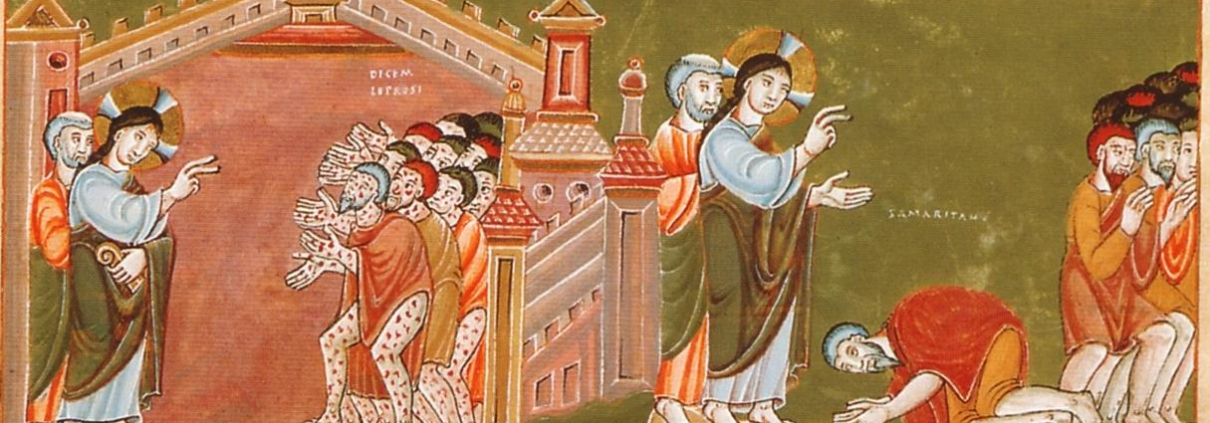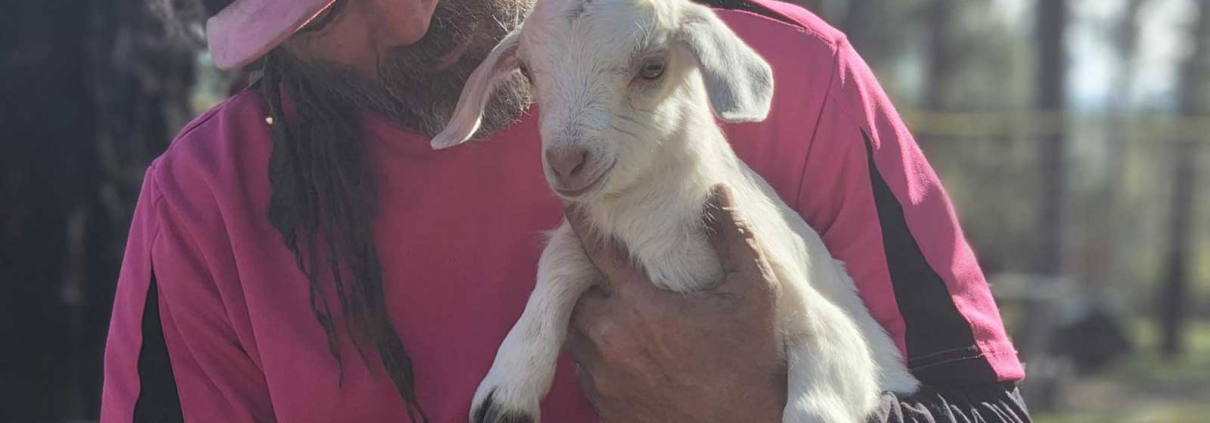‘To re-orient our lives’
HOMILY: The word peace, eirene in Greek, means to bind or bring together, to unite or set at one. Peace is the opposite of division or dissension. Peace implies health and wellbeing. We might also add: right relationship, harmony, community. It is one of the apostle Paul’s favourite words, used as a greeting or farewell and corresponding to the Hebrew, shalom.



